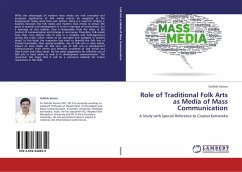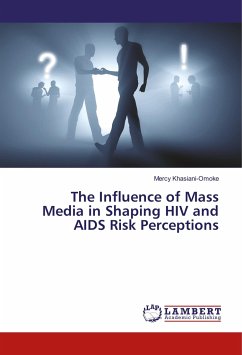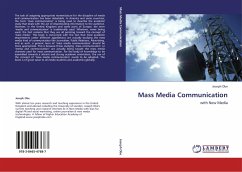Mass communication theories are vital, because they serve as a pivot on which the practice of mass communication revolves. They are the road maps in examining and understanding various mass communication situations and processes. My personal experience as an instructor in Mass Communication has revealed that many students are not comfortable with the course on mass communication theory. They consider mass communication theories as too abstract and full of puzzling jargon. This book aims at alleviating the mental discomfort that faces students when studying theories of mass communication.This book consists of two main parts. Part One provides a general introduction to the basics of Mass Communication Theory. Part Two focuses on detailed explanation of some selected key Mass Communication Theories. Each theory is presented briefly in the following sequential order: Main Idea, Brief History, Proponents, Description, Assumptions, Basic Concepts, Application, Strengths, Weaknesses, Example, and Summary Statement. This approach of presenting Mass Communication Theories is straightforward and easily understandable, even to the novices in the field.
Bitte wählen Sie Ihr Anliegen aus.
Rechnungen
Retourenschein anfordern
Bestellstatus
Storno








